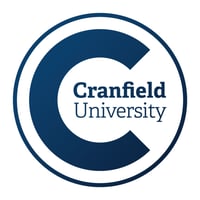
The investigative process is a field that, in many disciplines, can be the domain of the enthusiastic amateur. This approach follows the naïve methodology that the expert in a field is best placed to investigate an incident. Cranfield has delivered investigation training since 1977, in multiple fields, in order to deliver the bespoke skills required to produce a professional investigation.
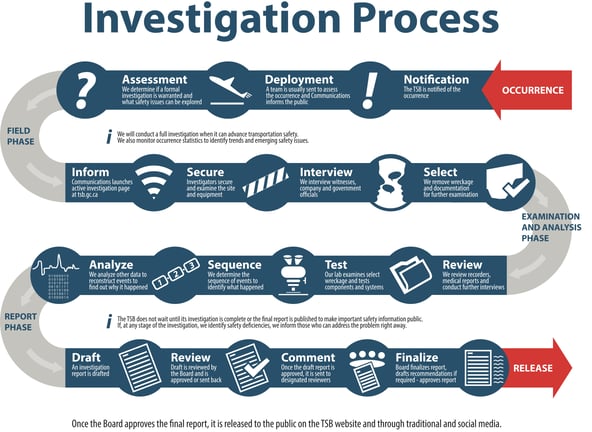 Source: TSB Canada*
Source: TSB Canada*
It is a rare event that the pendulum swings in the opposite direction where a professional investigator is drafted in to investigate a field in which they have little or no background knowledge.
This was the situation that I was presented with when being tasked to investigate a Luge accident at the Innsbruck Olympia Eiskanal, Austria. As an accident investigator with the UK Defence Accident Investigation Branch (DAIB), a newly developed multi-modal accident investigation organisation, we were keen to expand our investigative profile and prove the multi-modal concept. My background as an aircraft engineer and investigator gave me almost no subject matter expertise in this field.
My first question of the investigation was “Luge? Head-first or feet-first?” which demonstrated my starting knowledge base for this investigation. My first port of call was a swift desktop study to establish the basics while deploying out to the site.
Answer: Feet-first!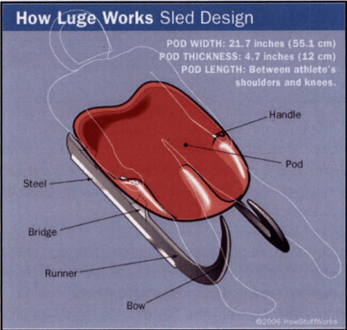
Source: Defence Accident Investigation Branch (DAIB) (NSI Reports)**
To say the learning curve was steep is a gross understatement but the benefits to this were equally huge. Knowledge from the internet and manuals will only take you so far and it was here that we began drafting in coaches and athletes [some of an Olympic standard] to give us the benefit of a lifetimes experience. Helmet designers were also very supportive in understanding the requirements and capabilities of their product. However, it is imperative to triangulate this data with other evidence to ensure that it is validated from multiple sources. To a varying degree, these experts had some form of vested interest in the sport/organisations which needed to be recognised and validated.
Coming from outside of the cultural paradigm of the UK Bobsleigh, Luge, Skeleton Association (BLSA) gave the sport a fresh pair of eyes to challenge the system. As an aircraft engineering investigator, I drew upon many years of equipment management and maintenance to inject this expertise from my background into the sports processes. My investigator expertise was surprisingly beneficial in many areas. Failure mode analysis of the luge equipment itself was based around composite failure mechanisms and dynamic analysis which is a well-trodden path for aircraft accident investigation. In helmet performance, where aviation leads the world, the tools available to analyse this area are unlikely to be accessible to a luge athlete or coach. The UK's Royal Air Force Centre for Aviation Medicine (RAFCAM) assisted in this endeavour. Their expertise in helmet design and support in the sourcing of Winter Sports helmet engineering standards; along with medical expertise of head injury and medical response processes all culminated in a complete analysis.
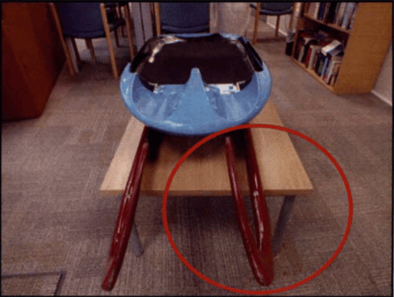
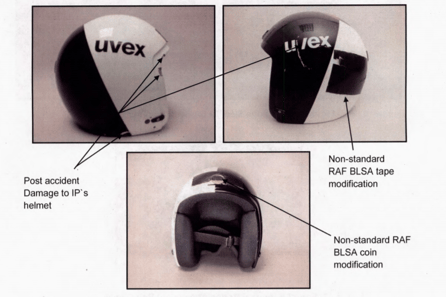
Source: DAIB (NSI Reports)***
No one expert in luge is likely to have all of the required expertise, from engineering maintenance, training/course/helmet/luge design, knowledge of the sport and medical processes. The notion therefore of a Subject Matter Expert (SME) in an investigation is somewhat of a misnomer.
The safety recommendations generated in the report were essentially simple in their detail, and the stakeholders had little to contest. This simplicity also had the added benefit of attracting resource to this sporting activity, ensuring that the recommended processes were supported by the organisation in future.
From a trepidatious start, this investigation grew into an excellent learning experience. Not only in the field of luge as a sport but also the resilience of the investigative approach and the cross-pollination of ideas between disciplines. The answer to the question “can you investigate outside of your specialism?” is certainly yes, but the second part of the question “is an expert best placed to do the investigation?” is much more nuanced. This can be of benefit in some cases, they may adopt the right approach organically, but they also bring with them a lot of baggage and this bias needs to be recognised. These ‘experts’ will inevitably have expertise in discreet areas, and not the holistic expertise that is required.
Simply put; an investigator should always consult a multitude of experts for subject knowledge outside of their knowledge base. There is never really one ‘expert’ in any investigation.
If you are interested in reading more the original report can be viewed here.
Interested in learning more? Our Cranfield Safety and Accident Investigation Centre (CSAIC) offers many accident investigation-focused CPD courses. Get in touch for further information.
*Permission: https://www.flickr.com/photos/tsbcanada/26304697670
***https://assets.publishing.service.gov.uk/government/uploads/system/uploads/attachment_data/file/739452/20180910-Luge_NSI_Report_FINAL_REDACTED_RT.pdf
